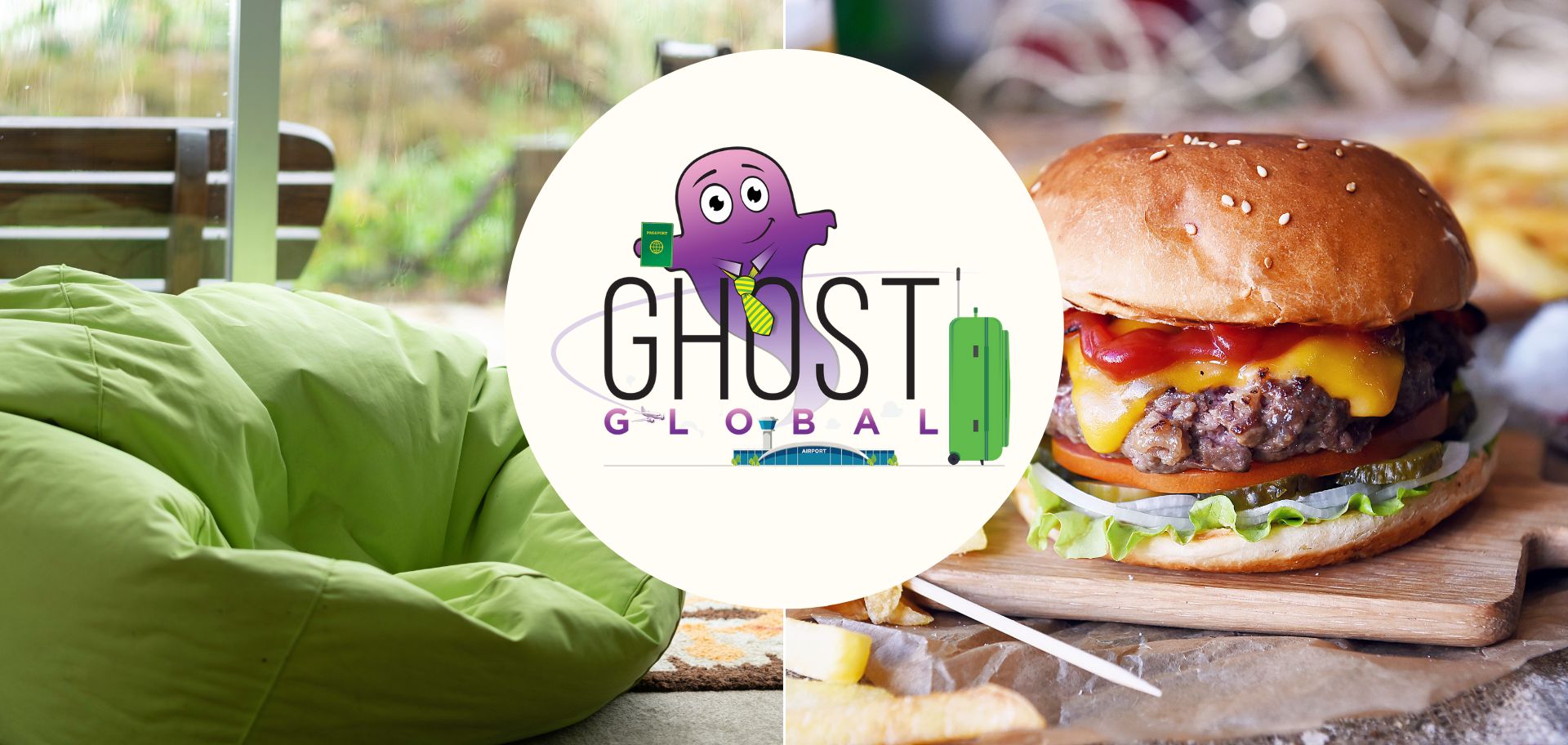Ghost Grads Kreeti Panday and Karel Zowitsky bring us Ghost Global this week and they’ve chosen a wonderful array of companies to cover.
Dave & Buster’s Entertainment
Welcome to America, kids. Each Dave & Buster’s venue has a full-service restaurant and a video arcade!
In the company’s second quarter ended July 2022, the group completed the $835 million acquisition of Main Event, after which Main Event CEO Chris Morris took over as CEO of Dave & Buster’s. The group now owns nearly 150 Dave and Buster’s branded restaurants and over 50 Main Event branded restaurants.

The company achieved record Q2 revenue of $468.4 million, up 24% from Q2 2021. Of this, $51.4 million consisted of revenue from Main Event, so it’s not as exciting as it sounds. Adjusted EBITDA was a record $119.6 million, rising 0.3% from the comparable period.
The company has emphasised its efforts to brand its restaurants as an ideal football-watching destination, with a national media campaign that includes partnering with ESPN and driving awareness on platforms such as Twitter, TikTok and YouTube.
The group’s D&B Rewards Program has gained over four million members since its inception in November 2021. Loyalty members comprise 5% of sales year-to-date.
The group is optimistic on future shareholder returns despite macroeconomic factors and has pledged to closely watch costs and capital spending. The share price is flat over the past year and has been range-bound, so the chart isn’t quite as exciting as the venues themselves.
Many new brooms trying to sweep clean at DocuSign
Electronic agreement management company DocuSign has released results for its second quarter ended July 2022. Total revenue increased 22% from the comparable period to $622.2 million. Subscription revenue was up 23% to $605.2 million, while professional services and other revenue was down 11% to $17 million. Billings rose 9% to $647.7 million.
The company’s customer base grew by 22%, adding 44,000 customers and bringing the total to 1.28 million globally.
The company has announced new product capabilities such as an addition to DocuSign eSignature which enables users to send or manage envelopes on another user’s behalf. The company is focused on “integrated and trusted customer partner experiences” and has deployed a strategy of upgrading talent through vigorous training and retention initiatives to achieve this. DocuSign is focused on using the next quarter to drive operating expense reductions and improve operating margins.
The company is also currently undergoing a leadership transition, with 6 out of 8 executive leaders joining in Q2 (perhaps giving new meaning to “upgrading talent”). A search for a new CEO is currently underway, which makes this new executive team sound a bit like a real-life version of Game of Thrones.
Previous CEO Dan Springer resigned after the company lost over 60% of its value within a year, being replaced by Chairman of the Board Maggie Wilderotter in the interim.

GameStop: playing with collectibles
If you’ve ever wondered where you could get your own Thor hammer or Iron Man mask – this is the place. Gamestop is one of the world’s largest video game retailers, selling everything from consoles and games to collectibles for Marvel and Star Wars. Founded in 1984 in the state of Texas, Gamestop is listed on the NYSE, and operates over 4,500 stores worldwide. About 3,000 of these stores are situated in North America with the remainder being found in Canada, Europe, and Australia.
Having a look at the Q2 financials that were released for the period ending 31 July 2022, we see that net sales decreased to $1.136 billion from the prior year’s second quarter of $1.183 billion. Sales from collectibles increased to $223.2 million for the quarter compared to $177.2 million in the prior year, proof that Ghost Grad Karel Zowitsky isn’t the only one who got excited about the Thor hammer that comes with batteries.
Although sales are decent and the company is operating at a gross profit margin of 24.8%, SG&A expenses are sitting at 34.1% of net sales. The maths isn’t your friend here.
GameStop has reported another net loss. The company attributes this to long-term initiatives, which some of these companies like to call “investing through the income statement” – in other words, spending more than they make!
Gamestop’s 52-week range is $19.39 – $63.92, so there’s no shortage of volatility here for the average investor. The $30 mark is a key support and resistance level, depending from which side you are approaching that level. This is fun for swing traders but not for investors!
Cushions to break the fall
Based in Stamford, Connecticut, Lovesac is a furniture company that is most notable for its couches that can be organized in almost any way using their platform called “Sactionals” – essentially bases of the couch on which sides and seats can be added to create a wide variety of different configurations that will fit your home. In addition to couches, Lovesac sells beanbags called Sacs. This product is obviously where the company derives its name from.

Looking at the Q2 results, we see net sales at $148.5 million, an increase of 45% from the previous Q2 of $102.4 million. The gross profit margin sits at a healthy 54.5%. Operating expenditure increased 42% from $50 million to $71 million but Lovesac still managed to pull off a cool net income of $7.1 million, down 15.7% from 8.4 million in the previous Q2.
Lovesac is listed on the NASDAQ with the ticker LOVE but even these comfortable products couldn’t break the fall of the share price, down nearly 60% this year. The 52-week range is $25.55 – $87.12 which is huge. The price is back where it was in July 2020 when people were staying home and staying safe, buying themselves new furniture to make that process more comfortable.
This is a classic example of a good business that had a silly valuation.



